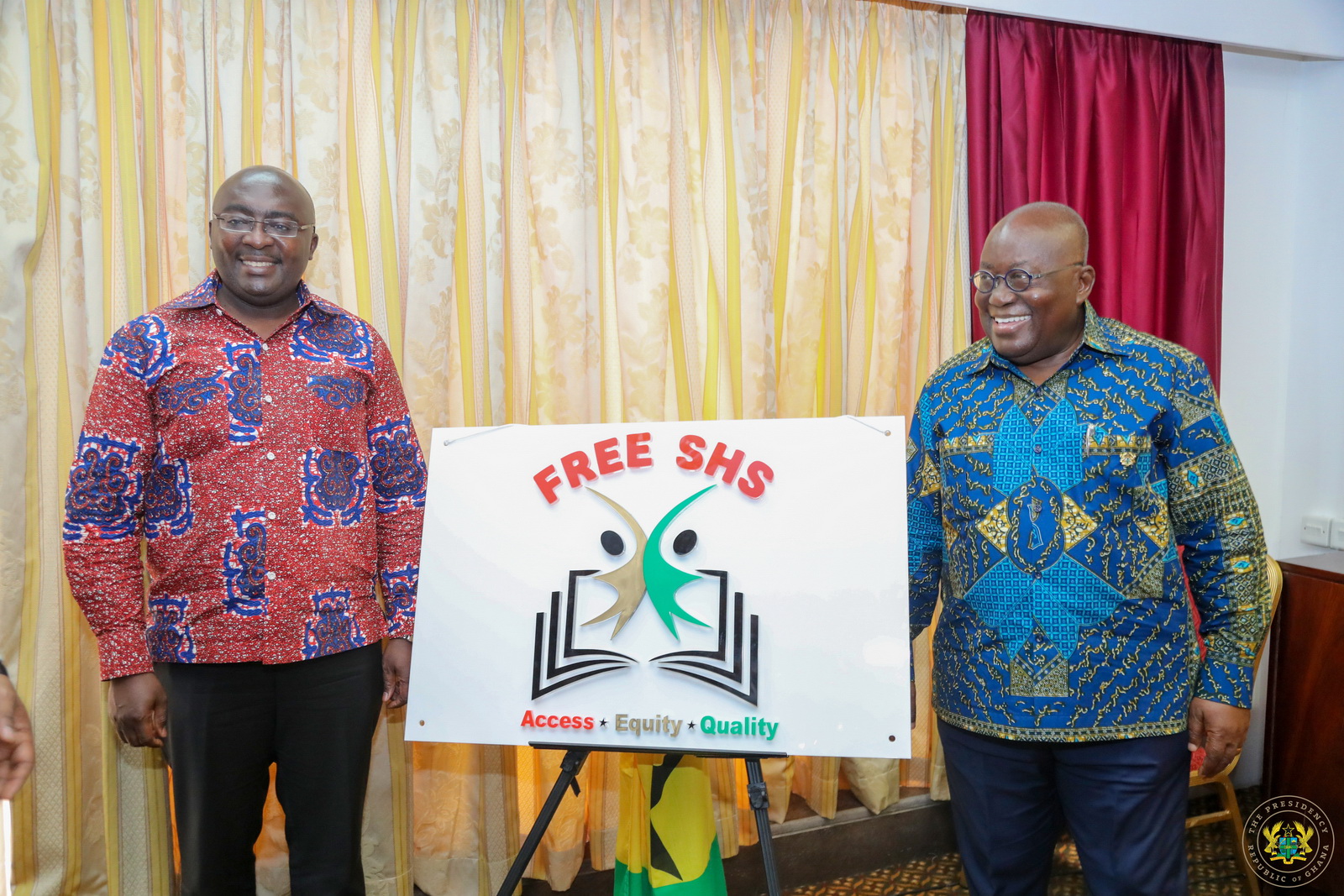
Free SHS must target pro-poor — Private Tertiary Schools
The Conference of Directors of Private Pre-Tertiary Schools – Ghana (CODPPTS) says the Free Senior High School policy should be made a pro-poor programme targeting low-income earners and the deprived of the population.
It wondered how the rich and the poor could enjoy the policy when the rich could afford.
“The situation on the ground is that parents are incurring huge costs by engaging private teachers to teach their wards to make up for completion of the syllabus.
“How should a managing director and a messenger in the same organisation whose wards have passed to enter SHS enjoy equal fee-free tuition?
“Parents who are capable must be made to contribute to their wards’ education as a way of making the policy sustainable,” a communique issued at a meeting held in Accra said.
Meeting
The meeting, among other things, looked at the impact of COVID-19 on private pre-tertiary schools and private school teachers in the country.
The communique, signed by the President of CODPPTS, Mr. Philip Boateng Mensah, welcomed the establishment of the National Schools Inspectorate Authority and pledged to collaborate with it.
It urged the authorities to see private schools as partners in development but not student-head teacher relationship for mutual respect and cordial relationship.
The meeting noted that since the closure of schools in March 2020, support from the government for private schools and their teachers had been mere rhetoric and mockery.
“The various stimulus packages provided by government to its institutions and personnel they considered priority excluded the private school owners and teachers.
“The allocation to National Board for Small-Scale Industries for private school teachers to access was nothing to write home about,” it said.
The communique said while the government was supporting private organisations in such difficult times, its education partners were relegated to the background.
It expressed concern about the attempt by the government to give 30 per cent quota of admissions to class ‘A’ senior high schools to public schools.
“This is not only unconstitutional but also creates educational apartheid in Ghana's educational system,” it said.
Constitution
“The Constitution provides for equal opportunities for all Ghanaians. The conference is of the view that if there is any approach to bridge the gap between public and private basic schools’ admission to SHS, the way to go is not the lazy approach of allocating 30 per cent quota to public schools to steal the start at the race.
It urged the Ministry of Education and Ghana Education Service to be prudent in their decisions and allocate more resources or monitoring and supervision but not the easy path they had chosen.
It said parents whose wards were in private schools and workers in private schools were taxpayers in Ghana and their taxes were part of funds used to build, develop and sustain secondary schools.
Therefore, it said, the conduct of the Ministry of Education was discriminatory and unconstitutional.
“Again, the Ghana Education Service has more qualified teachers in all public schools than private schools, so if performance is stunted at the public school level, what is required is to do a diagnosis of the problem to solve it, rather than condoning the laxity, low supervision and lackadaisical attitude of some public school teachers resulting in low performance,” the communique said.
